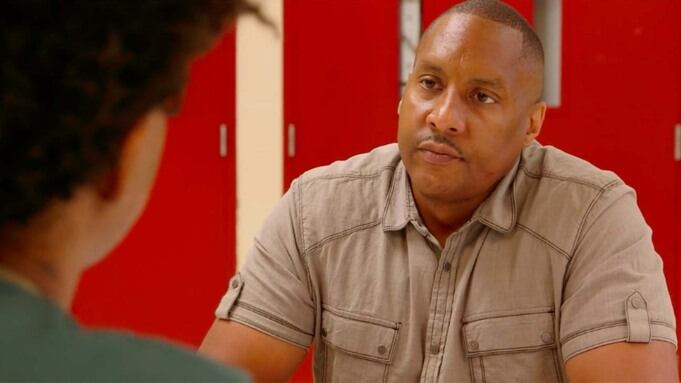In its heart of hearts, no community-centered film festival wants to go virtual. But if it must migrate online—as Portland Film Festival has for another year—it might as well blow it out.
Expanding to a full month of programming (Oct. 6-Nov. 8) and approximately 320 titles, one of Portland’s staple festivals is attempting to maximize its online format. From centerpieces like Women Is Losers, to international documentaries like Africa & I, to Portland features like Sing to Me Sylvie, its offerings have increased by more than 100 from the previous year and doubled from two years ago, notes director of programming Joe Stevens.
“We wanted more content available,” he says. “You can’t just have 100 films running for 30 days. People would burn through them. We tend to have a lot of people who sit down and watch 10 films in a row.”
This year’s festival blocks are sectioned by identity—Black Voices, Indigenous Voices, LGBTQIA+ Voices, Veterans’ Voices—but also extend to specific themes and experiences like Voices of Mental Health. That organizing principle ensures programming diversity, but Stevens says it’s just as much about categorical clarity for the home viewer, who can watch many of the films for free with Xfinity X1 or Xfinity Flex packages. Films à la carte are generally $10, full festival passes run $100, and the VIP experience is $250.
“Online,” Stevens adds, “we find people tend to like to know what they’re walking into.”
While human interest stories of the pandemic appear up and down the selections, Stevens says the festival scrapped an idea for a COVID-19 film block. Not wanting to give a virus programming clout, he’s impressed by filmmakers processing the pandemic in ways beyond its blunt tragedy, as in the debt-collecting short comedy CoVIG 19.
“Things are starting to lighten up as people get accustomed to the way things are,” says Stevens. “Artists are trying to make movies again, things that are relatable.”
Instead of spending October hopping from projection booth to booth or milling around theater lobbies to poll audiences, Stevens and company will tend to screening metrics, Facebook reviews and online festival elements like ticket-capping and geo-blocking.
“[Virtual] is a different experience,” Stevens says, “but it’s what we have to do.”
To begin a 320-movie journey, here’s the best of what we previewed from the 2021 Portland Film Festival:
When Claude Got Shot
This PBS documentary traces the legal, political and existential fallout of a car-jacking run amok. Director Brad Lichtenstein mines power from the granular experiences of law student and father Claude Motley, who’s violently wounded while visiting his old stomping grounds in Milwaukee. What separates When Claude Got Shot from your average crime docu-journalism is watching Motley and his family tirelessly process the crime while judicial, health and municipal systems render the perpetrator and victim all but inscrutable to each other.
Pho the People
Soak up this short about Portlander Maryam Tu on a cold morning, and the steam of her enormous soup pot may send a tremor of phantom warmth up your spine. That level of bone-deep nourishment is part why Tu, a first-generation Vietnamese American, started her own pho business amid the pandemic. Bask in the activism, labor, culture and generosity behind the broth.
Nisqually Moving Forward
Conceived as an Oregon State University journalism class project, Caleb Jacobson’s short touching on the Nisqually Tribe’s fishing rights is indebted to tribal legend Billy Frank Jr., who died in 2014. Here, we find the treaty rights activist’s son, chairman Willie Frank III, piloting the Nisqually River’s shallows and obstructions while ruminating on legacy, leadership and his people’s lifeblood. The documentary’s most powerful moments see Frank III speaking toward the water rather than the camera.
This Is Not a War Story
While director Talia Lugacy’s overall style of docu-realism is commonplace at indie film festivals, the way she fragments scenes of veterans reckoning with post-traumatic stress disorder, embraces auditorily ambient counseling sessions, and unifies her actors creates a rare naturalism. Performers Sam Adegoke, Danny Ramirez and Lugacy herself adopt mirrored and distinct body language, often pacing on some mission to nowhere, eyes averted. But the real star of this vet therapy story is the therapy method—a papermaking studio, where vets shred and soak their old uniforms into pulp for artistic expressions of who they’ve become.
SEE IT: Portland Film Festival tickets and passes available at portlandfilm.org. $10-$15 per film, all-access passes $100-$250. Free access for Xfinity X1 and Flex customers.

